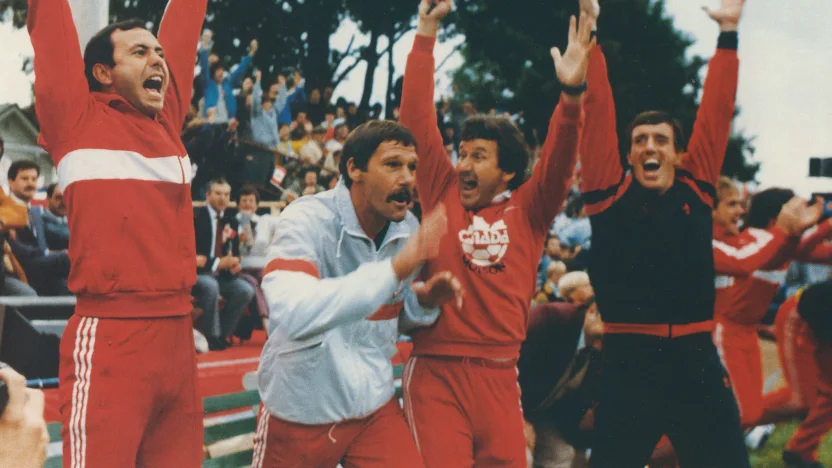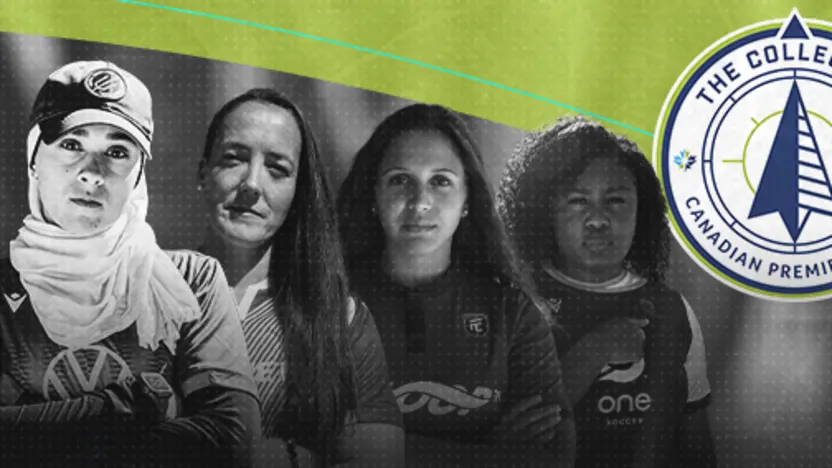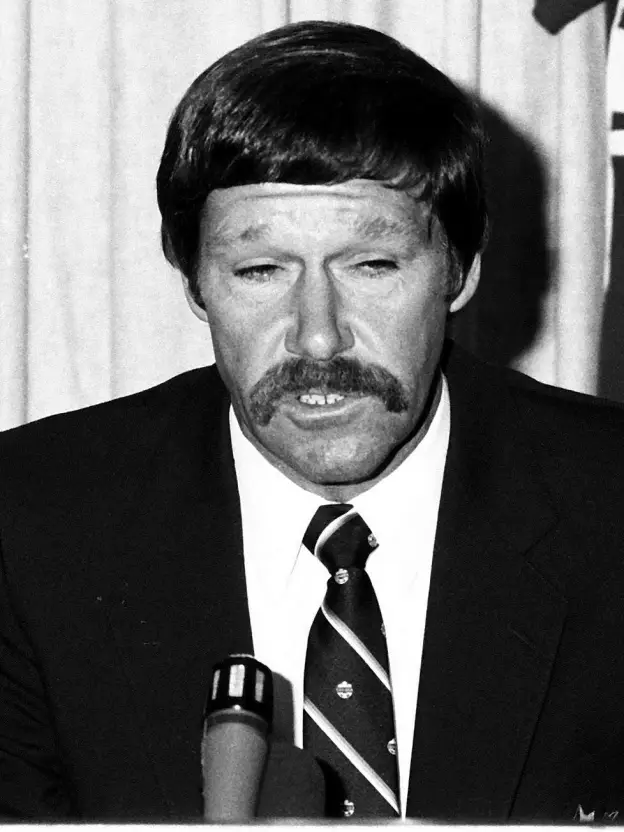The man who led the Canadian men’s team to its only FIFA World Cup appearance has passed away. Canada Soccer confirmed on Tuesday that Tony Waiters, Canada’s manager at the 1986 World Cup in Mexico, has died. He was 83. News of his death led to many tributes on social media from members of Canada’s soccer community, including HFX Wanderers FC coach Stephen Hart, who also coached the Canadian men’s side from 2009 to 2012. “Devastated to hear about the passing of Tony Waiters. Canada & World football has lost a true football man. Tony was a gentleman, leader, mentor & one of the most significant people in Canada football history. RIP Tony,” Hart posted on his Twitter account. “What a gentle and amazing man, he told me last year to ‘keep believing no matter how hard it gets and we will get there,’ what a gift he was to people and the sport,” current Canadian men’s team coach John Herdman tweeted. “Tony was an authentic football leader … His service to our game was immeasurable,” Concacaf president Victor Montagliani stated. “This one hits hard. So saddened to hear we’ve lost Tony Waiters, a true mentor to me and many others. He gave so much to Canadian soccer and so much to me personally. Thank you Tony, you’ll be missed,” said former Canadian goalkeeper Paul Dolan, who played at the 1986 World Cup under Waiters. “Saddened to hear about the passing of my former coach Tony Waiters. Legendary (goalkeeper), coach, mentor and human being. His passion for football and the people he touched throughout his career is unparalleled in Canada,” former Canadian national team goalkeeper Craig Forrest offered. “Few have made a greater impact on (Canadian) soccer than Tony Waiters. Always smiling, he wore his love for the game on his sleeve,” Sportsnet TV commentator Chris Cuthbert said. “Today our hearts mourn a legend. Tony you will never be forgotten,” Pacific FC said in a statement.
A native of Southport, England, Waiters was a former goalkeeper during his playing career, who enjoyed stints at Macclesfield Town, Blackpool and Burnley before retiring in 1972. He also earned five caps for the English national team, and was on England’s provisional roster for the 1966 World Cup. After hanging up his cleats, Waiters turned to coaching and managed Plymouth Argyle from 1972 to 1977, leading them to the League Cup semifinals in 1973-74. He also guided the club to promotion from the Third Division in 1975. During his time at Plymouth Argyle, one of his players was English striker Paul Mariner, who went on to coach Toronto FC from 2012 to 2013. After leaving Plymouth Argyle, he moved to Canada where he took charge of the Vancouver Whitecaps in 1977, and helped them win the 1979 Soccer Bowl, the North American Soccer League Championship. He was also named the NASL’s Coach of the Year in 1978. Waiters was appointed coach of the Canadian men’s team in 1982 and oversaw a golden period of the program, as his side reached the quarter-finals of the 1984 Los Angeles Olympics, losing to Brazil via a penalty shootout. Under Waiters’ stewardship, the team also qualified for the 1986 FIFA World Cup, which remains Canada’s lone World Cup appearance to date. Canada booked its spot for the World Cup following a 2-1 win over Honduras on Sept. 14, 1985 in St. John’s, Newfoundland in the Concacaf qualifying tournament. “That was the greatest day of my soccer career,” Waiters told this reporter in 2010. “We knew going against the Central Americans that we wouldn’t out-skill them, so we had to play to our strengths and make it very difficult for the opposition.”

Before heading off to the World Cup, Waiters took the Canadian team to Colorado where he held an intense training camp, putting his players through a gruelling series of sessions that were held at altitude in order to acclimatize them to the conditions in Mexico. “We certainly weren’t the best team in the tournament by a long way, in terms of skill. But I’d say we were the fittest team,” Waiters said. “We had great commitment from the players. Bruce Wilson was the captain and he was a fitness fanatic. Bobby Lenarduzzi was a great trainer. Paul James was the best of all in terms of endurance and Randy Ragan had great commitment.” In its opening match in Mexico, Canada faced a heavily-favoured France side that featured world-class players the calibre of Michel Platini, Jean Tigana and Alain Giresse. Waiters wasn’t star-struck, though, and played up his team’s chances before the game. “I downplayed the opposition. I got a video of France and showed it to the players without the TV commentary, and pointed out their mistakes and errors. I was trying to make the point that we’re all human beings and that they could be beaten,” Waiters said. The Canadians came out attacking against the French, and routinely pinned Les Bleus back deep in their end. Canada came within a breath of scoring on several occasions before France took control of the game and eventually scored in the 78th minute. It was a brave effort by the Canadians, as the French escaped with a narrow 1-0 victory thanks to a goal by Jean-Pierre Papin. Canada followed that up with a pair of 2-0 losses to Hungary and the Soviet Union, bowing out of the tournament in the group stage without scoring a goal. Waiters stepped down as Canada’s coach after the World Cup, but had another brief stint in charge of the team in 1989. He continued to live in B.C. where he coached children and young adults for decades, and wrote several books on soccer skills and coaching. Waiters was inducted into the Canadian Soccer Hall of Fame as a builder in 2001.

